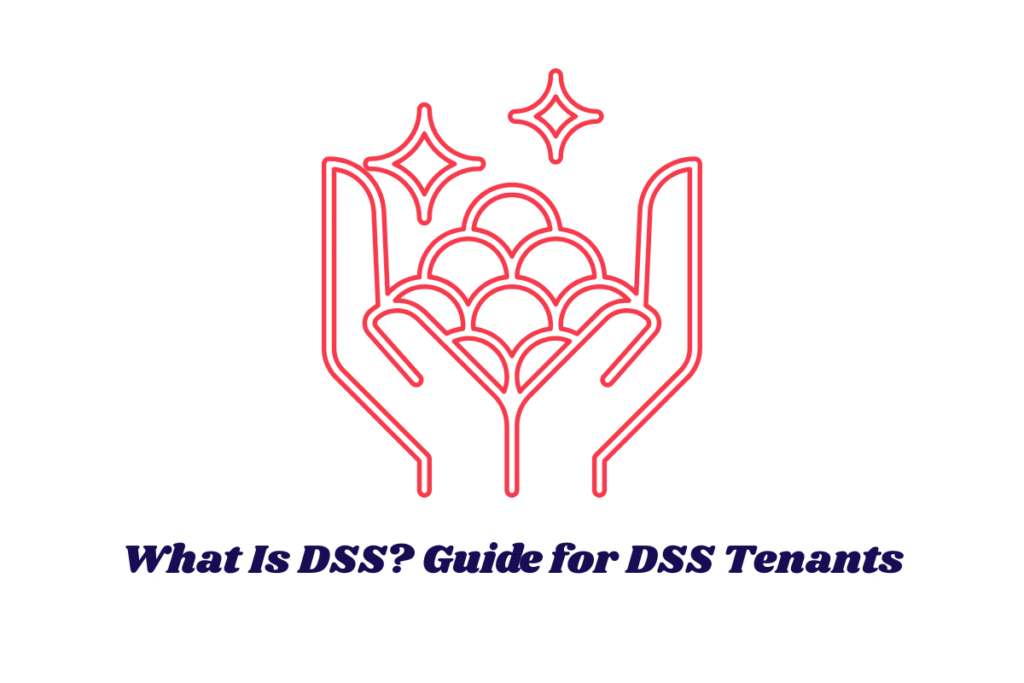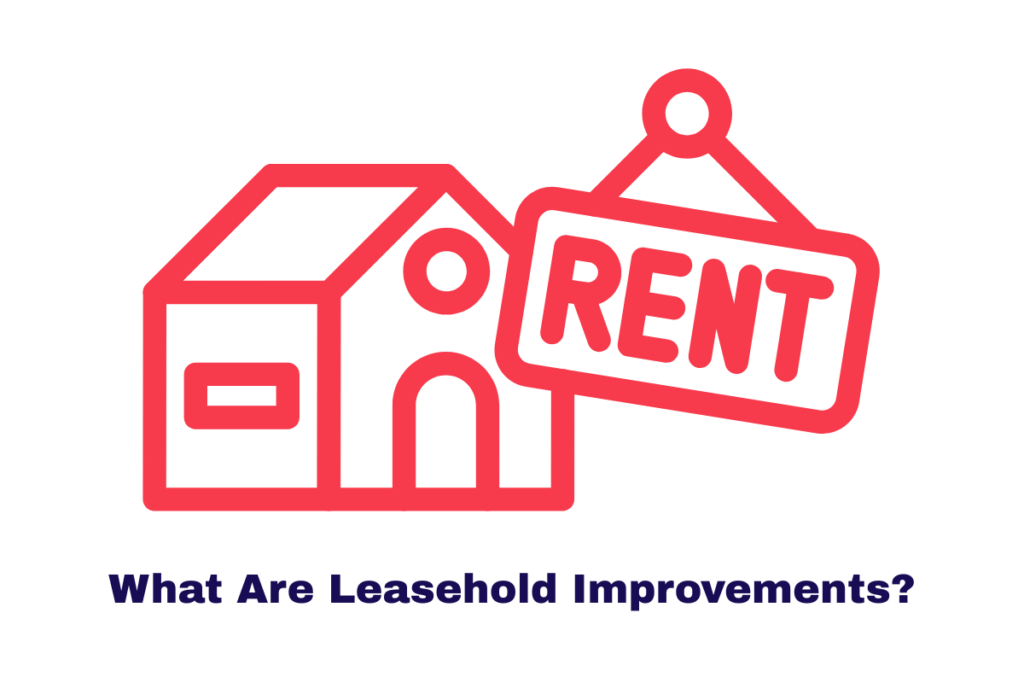If you’re a landlord or property investor in the UK, you’ve probably come across the term DSS tenant. But what is DSS exactly, and why is it a point of concern for landlords? DSS refers to the Department of Social Security—an organisation that was officially replaced in 2001 but whose acronym still lives on in rental vocabulary.
Today, “DSS tenants” generally refers to those who receive housing benefit or Universal Credit to help with rent payments.
Despite the dissolution of the Department of Social Security, the challenges and stigmas surrounding DSS tenants persist. As a landlord, understanding what is DSS, how it works, and the right approach to managing DSS tenants can help you avoid payment issues and ensure legal compliance.
Summary
“DSS is an outdated term that still refers to tenants receiving housing support through government benefits.”
What Does DSS Stand For?
DSS stands for the Department of Social Security, a UK government body that was responsible for welfare and benefit payments.
Although it ceased to exist in 2001 and its duties were transferred to the Department for Work and Pensions (DWP), the term “DSS tenant” is still commonly used in property listings to refer to individuals who receive housing benefit or Universal Credit.
In modern-day rental practices, DSS tenants typically rely on local authority support to pay part or all of their rent. They may be unemployed, single parents, disabled individuals, or low-income earners.
Summary
“Even though DSS no longer exists, the term still denotes tenants on housing support like Universal Credit.”
You can also read our more guides on Personal Tax:
What is a Personal Investment Company?
Can Landlords Refuse DSS Tenants?
Legally speaking, blanket bans on DSS tenants are now considered discriminatory and unlawful. In 2020, a landmark court ruling found that refusing applicants solely because they receive housing benefits breaches the Equality Act 2010, especially if it indirectly discriminates against women or disabled people.
Landlords are encouraged to assess all applicants fairly, regardless of their income source. Instead of ruling out DSS tenants altogether, focus on affordability checks, references, and the overall suitability of the tenant.
Summary
“Refusing DSS tenants is illegal in the UK and may violate anti-discrimination laws.”
How Does DSS Affect Rent Payments?
A common concern among landlords is whether DSS tenants can reliably meet their rent obligations. Housing Benefit and Universal Credit are often paid in arrears, while landlords typically expect rent in advance. This misalignment can lead to delays or shortfalls in payments.
To mitigate this issue, it’s wise to request rent payments in advance and explore the Alternative Payment Arrangement (APA) scheme available under Universal Credit. This allows rent to be paid directly to the landlord in specific cases.
Summary
“DSS tenants usually receive payments in arrears, creating a cashflow gap for landlords expecting upfront rent.”
DSS Tenants and Guarantors
When evaluating a DSS tenant, many landlords request a guarantor—a third party who agrees to pay the rent if the tenant cannot. This provides a financial safety net and reassurance for landlords, especially where the tenant’s benefits may fluctuate or face delays.
This approach is common not only for DSS tenants but also for students and other applicants without a strong financial background.
Summary
“Guarantors help secure rent payments when dealing with tenants who rely on benefits.”
DSS Tenants Must Pass Referencing Checks
Despite the outdated stigma, DSS tenants go through the same referencing checks as any other applicant. This includes affordability assessments, employment status (if applicable), bank statements, and references from previous landlords.
Landlords should maintain consistent standards and ensure all tenants—DSS or otherwise—meet the same criteria. This also helps in avoiding claims of discrimination.
Summary
“DSS tenants undergo standard referencing checks to prove affordability and reliability.”
Should You Let to DSS Tenants?
Now that you know what is DSS, the question remains: should you rent to DSS tenants?
There are pros and cons to consider. On one hand, DSS tenants can offer long-term tenancy stability, especially if they receive regular benefits. On the other hand, benefit systems can be complex, and payments may sometimes be delayed.
The key is to conduct proper due diligence and ensure that rent payments are secure—whether through guarantors, direct payment options, or requesting additional rent in advance.
Summary
“Letting to DSS tenants can be beneficial if handled with clear terms and safeguards like guarantors or APA schemes.”
Tips for Letting to DSS Tenants
Here are a few practical recommendations if you plan to rent to tenants receiving housing benefits:
- Request rent in advance – ideally, one or two months upfront.
- Use a guarantor – especially if the tenant’s financial history is unstable.
- Apply for APA – consider applying for direct rent payments under Universal Credit.
- Stay informed – follow updates from HMRC and the DWP to stay compliant.
- Communicate openly – discuss expectations clearly with the tenant before signing the agreement.
Summary
“These steps help landlords safeguard rental income while supporting tenants on housing benefits.”
The Bottom Line
So, what is DSS? While the term itself may be outdated, the realities surrounding tenants who rely on housing benefits remain relevant for landlords. DSS tenants can be responsible and reliable, but landlords must approach the tenancy with awareness, legal compliance, and practical safeguards in place.
By adapting your letting strategy and maintaining fair, transparent processes, you can safely offer housing to DSS tenants and support those in need—without compromising your rental income.
Summary
“DSS refers to benefit-supported tenants; understanding their position helps landlords manage risks and legal obligations effectively.”
Need Help Understanding Tenancy Finances?
Whether you’re a landlord trying to calculate your rental income or a tenant figuring out your monthly budget, our Listen to Taxman Calculator can help. Try it now to calculate take-home pay, tax deductions, and more with accuracy and ease.
💡 Calculate your tax quickly using our free Listen to Taxman Calculator!
Frequently Asked Questions (FAQs)
- Is DSS still a government department?
No, the Department of Social Security no longer exists; it was replaced by the Department for Work and Pensions in 2001. - Can a landlord legally refuse DSS tenants?
No. Blanket bans on DSS tenants are considered discriminatory under the Equality Act 2010. - How can I ensure rent from a DSS tenant is paid on time?
You can request rent in advance, require a guarantor, or apply for Alternative Payment Arrangements through Universal Credit. - Do DSS tenants need to pass credit or affordability checks?
Yes, they undergo the same referencing process as any other applicant
The content provided on TaxCalculatorsUK, including our blog and articles, is for general informational purposes only and does not constitute financial, accounting, or legal advice.
You can also visit HMRC’s official website for more in-depth information about the topic.



